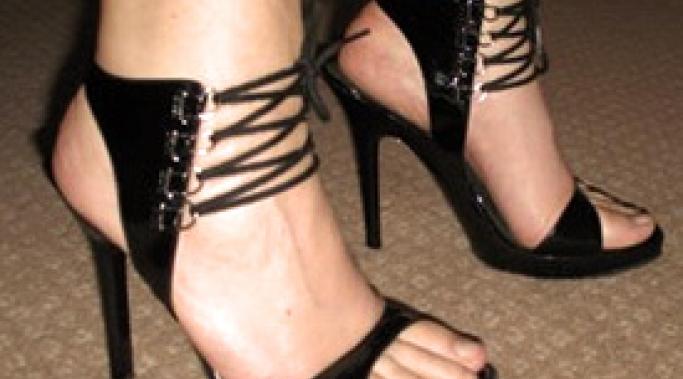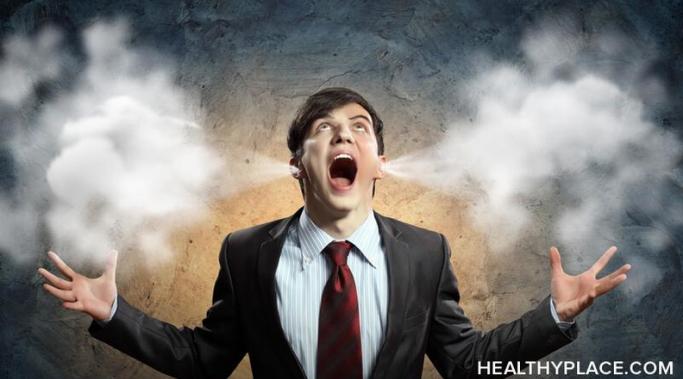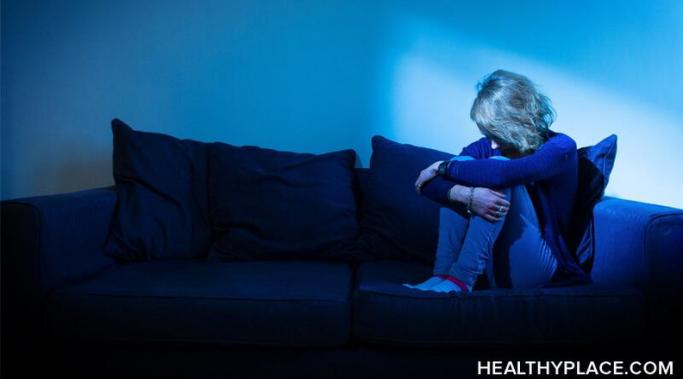Recently I was contacted by someone (let’s call her Ms. X) who wanted to end a friendship with a bipolar person and asked me how to do it with the least harm possible. I talked with Ms. X and it appears that her bipolar friend had been doing some very hurtful things. I asked Ms. X if she had talked to her friend about these things. Ms. X said that no, she hadn’t.
So why is terminating a friendship preferable to talking about the problem?
How Others See Bipolar
Words have power. I know this because I’m a writer and I’m perfectly capable of angering, saddening or frightening people with my words. If words were not powerful, bookshelves would be empty. And bipolar is a powerful word when used in the context of a mental disorder. Depending on who hears this word, it can conjure up images of violence, danger, suicide, crime, fear, and many other unsavory things. It’s really no wonder that people don’t want to “be bipolar”.
We all take part in the game of denial. Humans need denial to exist. We can’t think about our inevitable death, the fact that we are aging, or that our marriage may end in divorce and expect to care about jobs, mortgage payments and the obvious importance of Jimmy Choos. We know unpleasant possibilities and inevitabilities are true, but on a daily basis we deny them. We need to. Denial produces a workable life.
What gets under my skin though, is the fact people expect me to deny my bipolar disorder, my experiences with it, and its effects – mostly just to make them feel better.
When I was a kid, show and tell created the most memorable moments in school. Not the tell part. The tell was boring. We heard about Betty going to a “real, real fun zoo” and Bobby getting a new bike; this information made us shift in our seats, roll our eyes, and make funny faces at whoever was talking. But the showing, now that was great. We got to touch a slimy frog, hear Cathy scream as a budgie landed in her hair and be frightened as a snake’s tongue lashed out in front of us. Showing was where the action was.
But with mental illness, it’s never the show that people want, only the tell. People are frightened by, and run from, the show.
I have had this exchange a thousand times,
“I’m really depressed.”
“Why, what happened?”
Have you been missing the plot?
Last night, I watched Crazy for Love a very bad movie wherein a man, Max, is put into a mental hospital for attempting suicide for the tenth time. When he’s there, he glimpses a very ill, schizophrenic, Grace, whereupon he instantaneously falls in love with her. She too is determined to kill herself. His life’s mission then is to “make her better”. To “make her happy”. Having found his new mission in life, he no longer wants to kill himself.
Well, pin a rose on his nose.
This week I did an interview for the HealthyPlace Mental Health TV show. We discussed what it is to have bipolar disorder, the impact, what works and what doesn't.
I am crazy. I tell this to people in my personal life. It’s not a secret. I figure there’s no point in trying to cover it up; it’ll come out eventually. The approximately 20 scars on my forearms rather give away that something is wrong.
But people really don’t like the word “crazy”. In fact, most often, what people say to me is, “no, you’re not!”. Well, actually, I am. I'm bipolar and I’m crazy.
After my last post, where I commented on my fear around being bipolar in public, a discussion came about regarding attitudes, and how I’m the same as everyone else. Well, I beg to disagree. I’m crazy. And the implications of that are undeniable.
Here I am. Writing. In public. About being crazy.
Here I am. Being crazy. In public. Under scrutiny.
I’ve been writing about being bipolar for seven years now, in a very closed, anonymous environment. People didn’t know my name, or see my face. By design. Anonymity has a way of allowing the truth to flourish.






